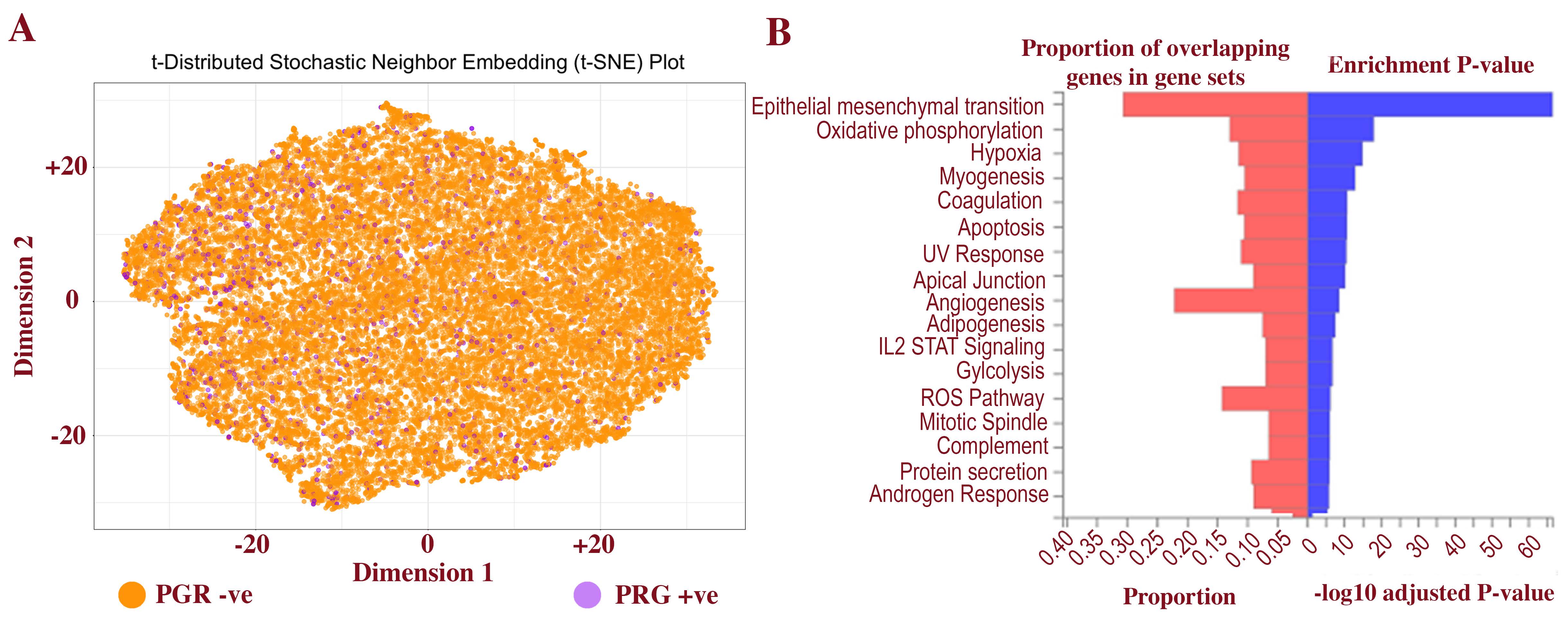Whole genome sequencing and single cell transcriptome analysis of progestin resistance in endometriosis
Principal investigator:
Dr. med. Konstantinos Nirgianakis, Department of Gynecology and Obstetrics, University Hospital of Bern and Endometriosis and Gynaecological Oncology Research Group, Department for Biomedical Research, University of Bern.
Co-investigators:
Prof. Dr. med. Michel D. Müller, Co-director Department of Gynecology and Obstetrics, University Hospital of Bern and University of Bern.
Brett McKinnon, PhD, Department of Gynecology and Obstetrics, University Hospital of Bern and University of Bern, Bern, Switzerland,Visiting Academic, Institute for Molecular Bioscience, University of Queensland, Brisbane, Australia
Introduction: Endometriosis is an estrogen dependent, chronic inflammatory disease, requiring long-term hormonal treatment for disease management. Dienogest, the only progestin approved for endometriosis in Europe, acts through the creation of a systemic hypo-estrogenic environment and potentially a direct influence at the lesion site at least partially mediated via progesterone receptor. Unfortunately, inadequate clinical response to Dienogest is observed in a high proportion of patients.
Hypothesis: Endometriotic lesions from non-responders will have a significant difference in the prevalence of somatic mutations, cellular composition, or transcriptomic profile in cells within the lesion.
Design: Patients who underwent surgical excision of deep infiltrating endometriosis at the Department of Obstet & Gynecol, Bern University Hospital, receiving Dienogest at the time of surgery and for at least 3 months prior, will be categorized based on treatment response. A control group without hormonal medication will also be included. Fresh frozen endometriotic tissue will be examined and compared between groups for somatic mutations via whole genome sequencing. Cell composition and transcriptome variation within the lesion will be determined using multiplexed single nucleotide RNA-sequencing.
Anticipated outcomes: An association between cell composition, somatic mutations or transcriptomic profile with treatment response will provide the potential for personalized treatment of endometriosis.


